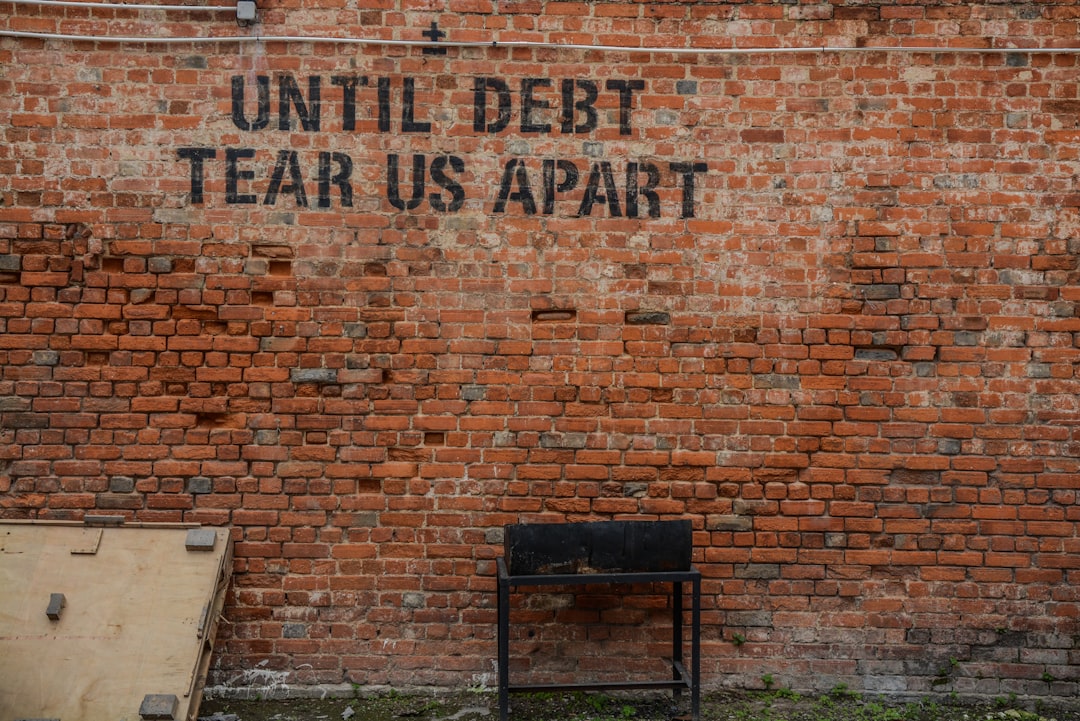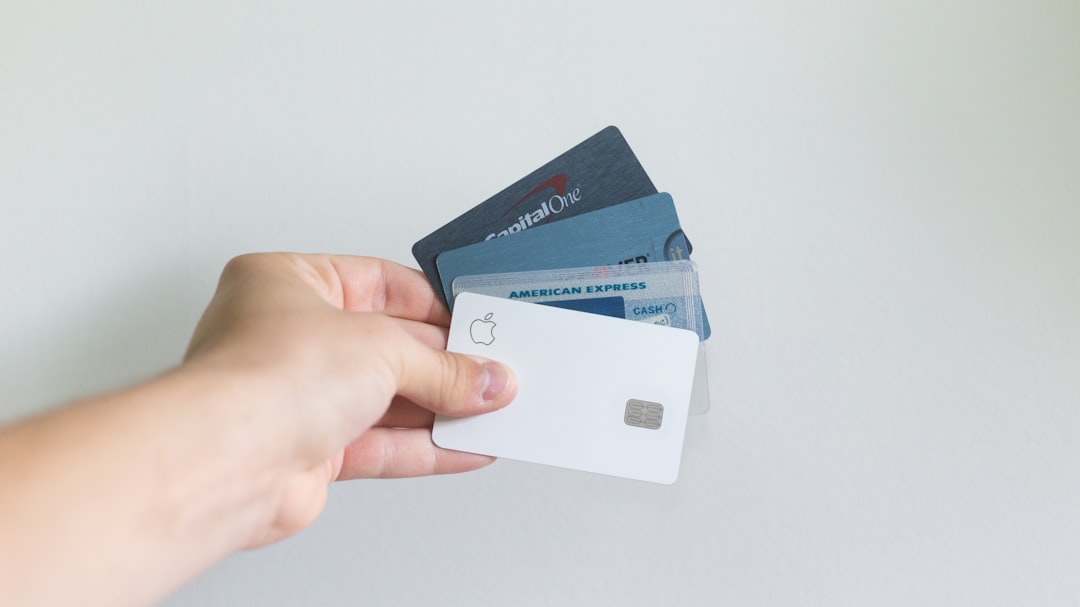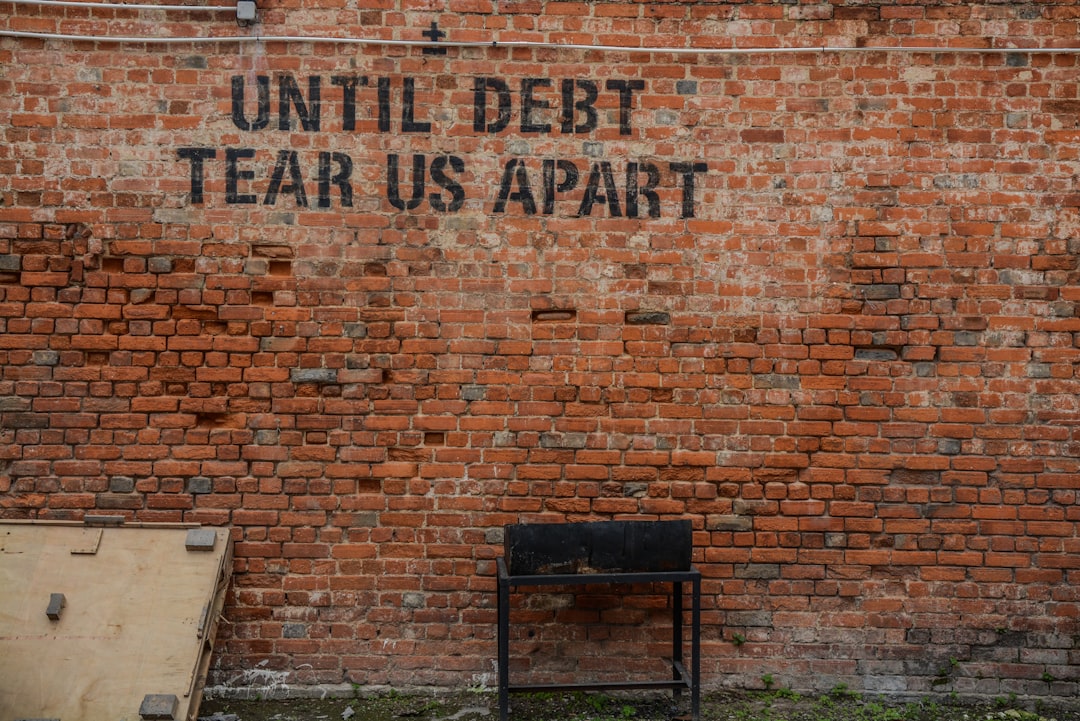Homeowner consolidation loans combine multiple debts into a single repayment with potentially lower interest rates and reduced borrowing costs, secured against property. However, missing payments can lead to foreclosure. Evaluating financial stability, credit score impact, tax implications, and loan type (secured vs unsecured) is crucial before pursuing this option. Secure loans offer lower rates but carry foreclosure risk; unsecured loans have higher rates but no asset risk. Careful analysis of terms from multiple lenders is essential for an informed decision based on individual financial health.
Struggling with multiple debts? Explore the power of homeowner consolidation loans for a streamlined repayment experience. This comprehensive guide uncovers the intricacies of secured and unsecured debt consolidation options, empowering you to make informed decisions. From understanding the basics of homeowner consolidation to evaluating credit score impacts and tax implications, we break down everything you need to know to choose the best strategy for your financial future.
- Understanding Homeowner Consolidation Loans
- Secured Debt Consolidation: Pros and Cons
- Unsecured Loan Consolidation Options Explained
- Evaluating Credit Score Impact for Consolidation
- Tax Implications of Consolidation Loans
- Choosing the Right Homeowner Consolidation Strategy
Understanding Homeowner Consolidation Loans

Homeowner consolidation loans are a popular choice for many individuals looking to simplify their debt management. This type of loan allows homeowners to combine multiple debts, such as credit card balances, personal loans, and even existing mortgage payments, into a single, more manageable repayment. The key advantage lies in potentially lowering interest rates and reducing the overall cost of borrowing over time.
These loans are secured against the borrower’s property, which means lenders have a form of collateral to mitigate risk. As a result, homeowners may qualify for more favorable terms, including lower interest rates and extended repayment periods. However, it’s crucial to understand that failing to make payments on such a loan can lead to foreclosure, making it a significant financial commitment that requires careful consideration and responsible borrowing practices.
Secured Debt Consolidation: Pros and Cons

Secured debt consolidation involves using an asset, often your home, as collateral for a loan that pays off multiple debts. The main pros are lower interest rates compared to credit cards and potentially shorter repayment terms. This is ideal for homeowners looking for homeowner consolidation loans to simplify their finances and save on interest.
However, there’s a significant con: if you default on the loan, you risk losing your asset. This makes secured debt consolidation a riskier option, especially during financial downturns. It’s crucial to assess your financial stability and willingness to face potential home foreclosure before pursuing this route.
Unsecured Loan Consolidation Options Explained

Unsecured loan consolidation offers a flexible and accessible option for those looking to streamline their debt payments. This type of consolidation doesn’t require homeowners to use their assets as collateral, making it an attractive choice for many. It involves combining multiple high-interest debts into a single loan with a lower interest rate, simplifying repayment and potentially saving money in the long run.
Homeowner consolidation loans are particularly popular because they allow individuals to consolidate credit card debt, personal loans, and other unsecured debts. By bundling these debts into one loan, homeowners can enjoy the benefits of a fixed monthly payment and potentially shorten their overall repayment period. This can lead to significant savings on interest charges over time, providing financial relief and making it easier to manage their finances effectively.
Evaluating Credit Score Impact for Consolidation

When considering a homeowner consolidation loan, one of the most critical factors to evaluate is how it will impact your credit score. Secured loans often require pledging an asset, like your home, as collateral, which can be appealing for those seeking lower interest rates. However, this type of loan can significantly affect your credit if you default on payments, potentially leading to foreclosure.
Unsecured consolidation loans, on the other hand, don’t require collateral but usually come with higher interest rates and shorter repayment periods. While these may not directly impact your ability to own a home, they can still hurt your credit score by increasing debt-to-income ratios and shortening credit histories. Therefore, it’s essential to weigh the benefits against potential risks before choosing between secured or unsecured debt consolidation loans.
Tax Implications of Consolidation Loans

When considering debt consolidation loans, it’s crucial to understand the tax implications that come into play. For homeowners opting for this route, a significant advantage is the potential tax deductions available. Depending on your location and the specific terms of the loan, interest paid on secured consolidation loans, such as homeowner consolidation loans, may be tax-deductible. This means you could lower your overall tax burden while effectively managing your debt.
However, it’s essential to consult with a financial advisor or tax professional to fully grasp how these deductions apply to your unique situation. The rules vary globally, and what constitutes a deductible expense can differ based on the type of consolidation loan and local tax laws. Being aware of these considerations will help you make an informed decision when choosing between secured and unsecured debt consolidation loans.
Choosing the Right Homeowner Consolidation Strategy

When considering homeowner consolidation loans, the first step is evaluating your financial situation and goals. Secured debt consolidation loans, backed by your home equity, often offer lower interest rates but carry the risk of foreclosure if you default. Unsecured options, lacking collateral, have higher rates but avoid putting your home at risk.
The best strategy depends on your creditworthiness, budget, and desired savings. If you have a strong credit history and can afford potential fluctuations in interest rates, secured loans might be suitable. Otherwise, unsecured loans provide more flexibility, albeit with slightly higher costs. Careful analysis of terms and conditions from multiple lenders is crucial to making an informed decision that aligns with your financial health.
When deciding between secured and unsecured debt consolidation loans, understanding your financial goals and risk tolerance is key. Both options have their advantages and disadvantages, with secured loans offering lower interest rates but requiring collateral, while unsecured loans provide greater flexibility without the need for security. Evaluating your credit score and tax implications will also influence your choice. Ultimately, the best homeowner consolidation strategy depends on your unique circumstances, ensuring you make an informed decision to achieve long-term financial health.
